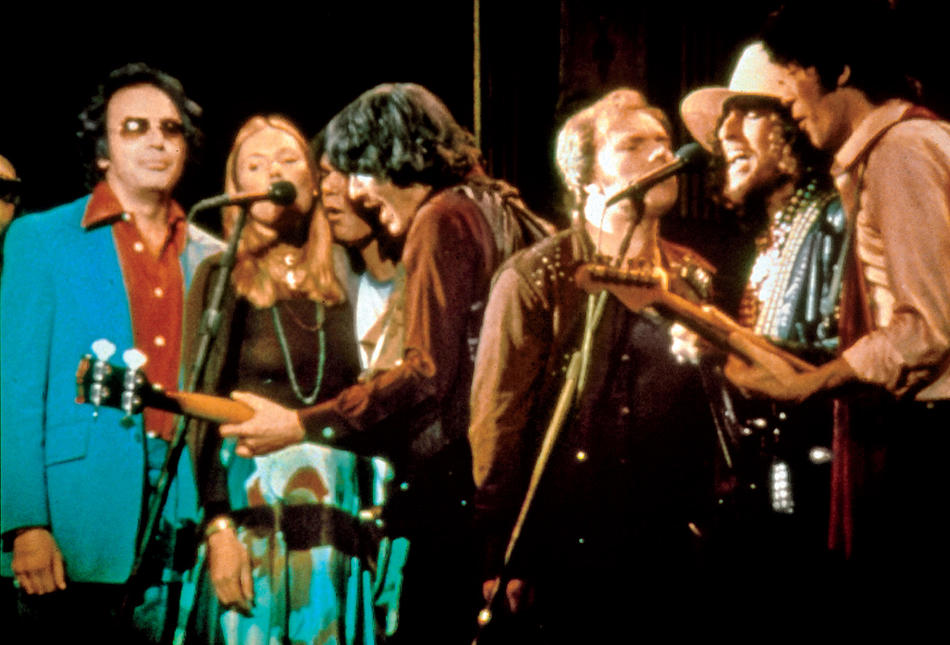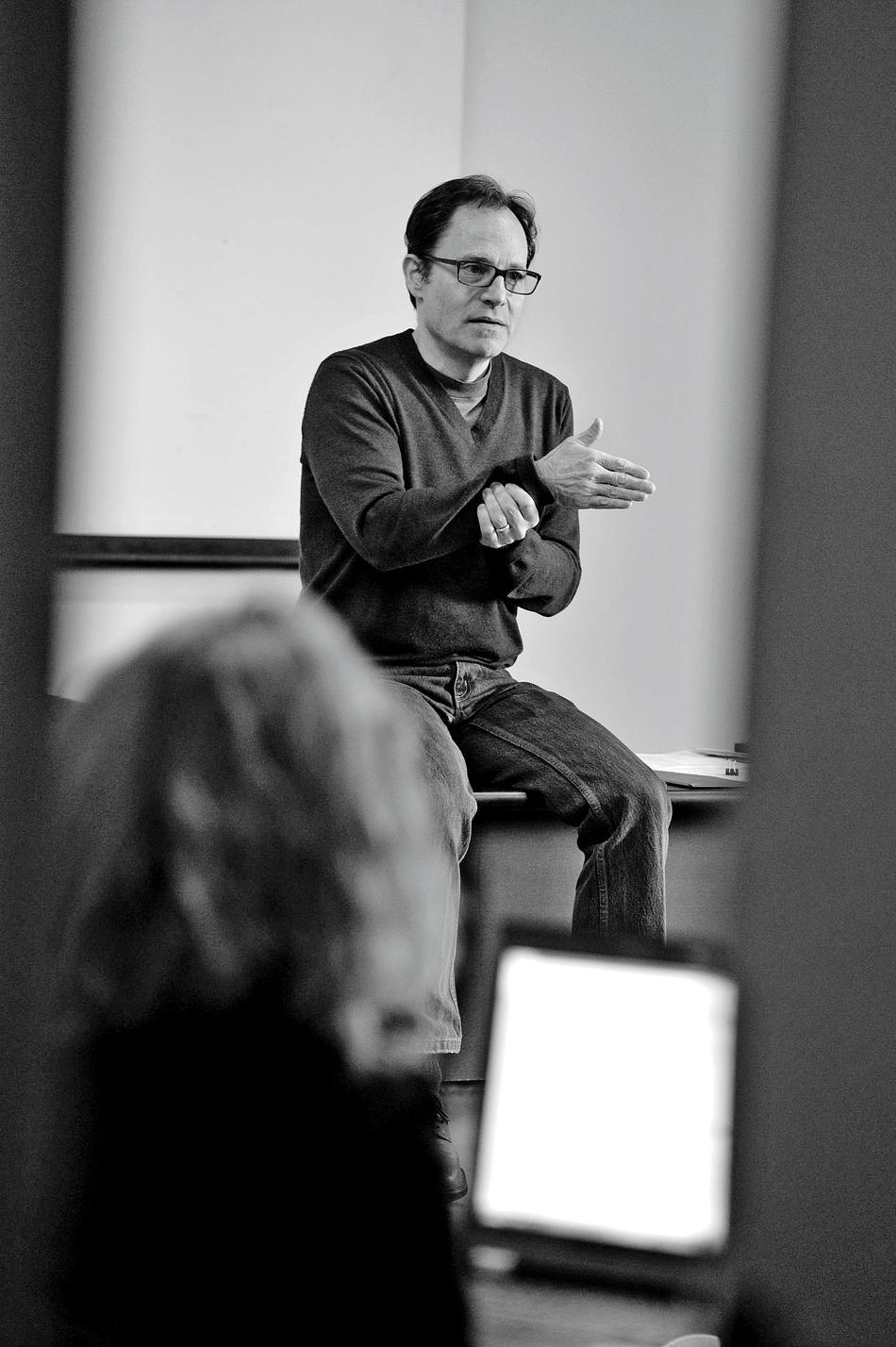When Columbia film professors Rob King and Jack Lechner were putting together the program for “NY Indie Guy: Ira Deutchman and the Rise of Independent Film,” they had to make some hard choices. After all, Deutchman, who has taught at Columbia since 1987, was the cofounder of Cinecom and Fine Line Features, and a leading distributor, marketer, and producer of more than 150 movies, including A Room with a View, My Own Private Idaho, The Player, Short Cuts, and Hoop Dreams. In the end, King and Lechner winnowed the list to seventeen films, a cross section of Deutchmanalia that was shown over nine days this fall in the 153-seat Katharina Otto-Bernstein Screening Room in the Lenfest Center for the Arts.
The retrospective kicked off with A Woman Under the Influence, the 1974 feature by indie-film poster boy John Cassavetes, who recruited Deutchman, then a senior at Northwestern, to promote the film in the Midwest. Deutchman hosted a campus screening and moderated a talk with Cassavetes and actor Peter Falk. It was his first gig in the business.
With “NY Indie Guy,” Deutchman was the one in the spotlight. Film lovers came for panel talks and screenings of The Brother from Another Planet; Sex, Lies, and Videotape; the Oscar-winning documentary Harlan County, USA; and more. On the seventh night, Deutchman and King sat onstage and discussed the thing we call “independent film.” Deutchman, engaging and encyclopedic, slammed the term as meaningless (he prefers “specialty film,” which suggests movies made for niche audiences). He traced the rise of the genre to the 1960s, when Hollywood mediocrity coincided with a generation of young cineastes like Spielberg, Coppola, and Scorsese, who absorbed foreign films and began making arty, low-budget movies.
The series ended on a Sunday night. King, in choosing a finale, had wanted something uplifting and powerful. He knew that Deutchman had worked on two of the greatest rock documentaries ever made: Stop Making Sense, Jonathan Demme’s 1984 Talking Heads concert film; and The Last Waltz, Martin Scorsese’s chronicle of the 1976 farewell tour of the Band. To really go out with a bang, sonically and emotionally, King felt, it had to be The Last Waltz.
Deutchman introduced the film and told the packed house how he got involved with it.
In the early 1980s, he said, he was working for United Artists Classics, searching the studio’s library for old titles that — with a good marketing hook — could be dusted off and rereleased into repertory cinemas. Deutchman successfully revived a few UA movies that had fared poorly in their original releases, like Cutter’s Way (originally Cutter and Bone) and Scorsese’s New York, New York.
One day in 1982, Deutchman got a call from a booker. The Sutton Theater, at Third and 57th, had a one-week hole and needed a film. The booker mentioned that the Sutton had just installed a brand-new Dolby sound system. Deutchman’s first thought was The Last Waltz, which he had seen repeatedly when it came out in 1978. The hook was clear: come celebrate the Sutton’s new Dolby system with The Last Waltz!
An invitation-only screening was planned, which Robbie Robertson, the Band’s guitarist and main songwriter, would attend. The day of the screening, there was a sound check. “I spent the entire day at the Sutton with Robbie Robertson and a Dolby technician who was tweaking the system,” Deutchman recalled. “Robbie was not happy. We played the movie several times. No matter how many adjustments were made, he simply wasn’t happy with how it sounded. Finally I called Scorsese and told him what was going on, and he said he’d be right over.
“A taxi pulled up in front of the Sutton Theater, and there’s Marty. He came in, we put in reel one, he listened for a couple of minutes, then said, ‘Turn it up.’ The Dolby technician turned it up. Marty listened again, then he yelled, ‘Turn it up!’ The technician turned it up again. Marty listened and said, ‘It’s perfect,’ and he left.”
The screening was a smash, and Deutchman heeded the lesson. He advised the Lenfest audience that The Last Waltz would be played at “concert volume,” making full use of the new screening room’s advanced audio system. The lights went down, and the screen filled with the opening title, which says, in white letters against a black background, “this film should be played loud!” The moviegoers, bathed in an aural and visual glow, stayed pinned to their seats until the end.
This article appears in the print edition of the Winter 2018 issue with the title “They Shall Be Rereleased.”




